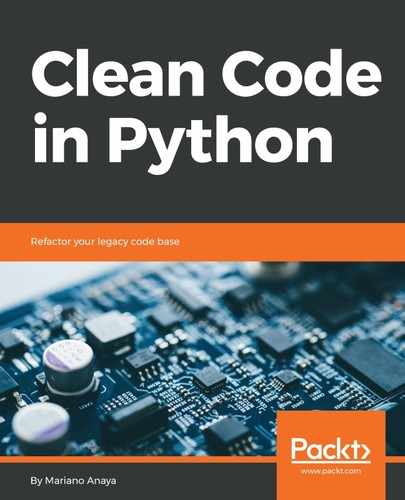As introduced at the beginning of this chapter, the iteration is a mechanism that calls next() on an iterable object many times until a StopIteration exception is raised.
So far, we have been exploring the iterative nature of generators—we produce values one at a time, and, in general, we only care about each value as it's being produced at every step of the for loop. This is a very logical way of thinking about generators, but coroutines have a different idea; even though they are technically generators, they weren't conceived with the idea of iteration in mind, but with the goal of suspending the execution of a code until it's resumed later on.
This is an interesting challenge; when we design a coroutine, we usually care more about suspending the state rather than iterating (and iterating a coroutine would be an odd case). The challenge lies in that it is easy to mix them both. This is because of a technical implementation detail; the support for coroutines in Python was built upon generators.
If we want to use coroutines to process some information and suspend its execution, it would make sense to think of them as lightweight threads (or green threads, as they are called in other platforms). In such a case, it would make sense if they could return values, much like calling any other regular function.
But let's remember that generators are not regular functions, so in a generator, the construction value = generator() will do nothing other than create a generator object. What would be the semantics for making a generator return a value? It will have to be after the iteration is done.
When a generator returns a value, it iteration is immediately stopped (it can't be iterated any further). To preserve the semantics, the StopIteration exception is still raised, and the value to be returned is stored inside the exception object. It's the responsibility of the caller to catch it.
In the following example, we are creating a simple generator that produces two values and then returns a third. Notice how we have to catch the exception in order to get this value, and how it's stored precisely inside the exception under the attribute named value:
>>> def generator():
... yield 1
... yield 2
... return 3
...
>>> value = generator()
>>> next(value)
1
>>> next(value)
2
>>> try:
... next(value)
... except StopIteration as e:
... print(">>>>>> returned value ", e.value)
...
>>>>>> returned value 3
